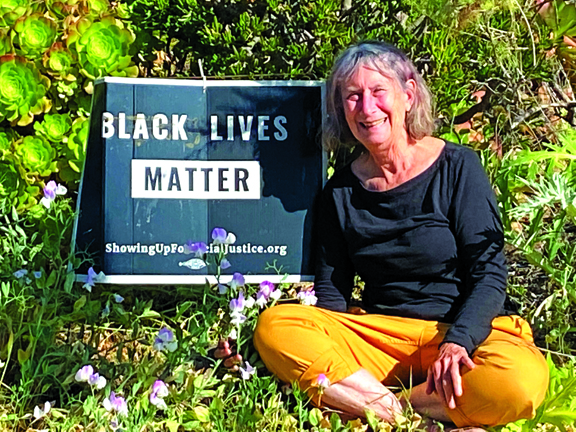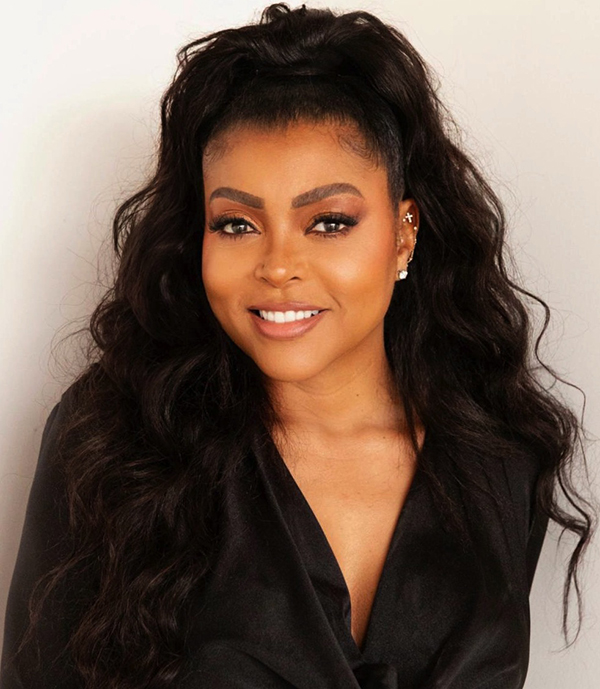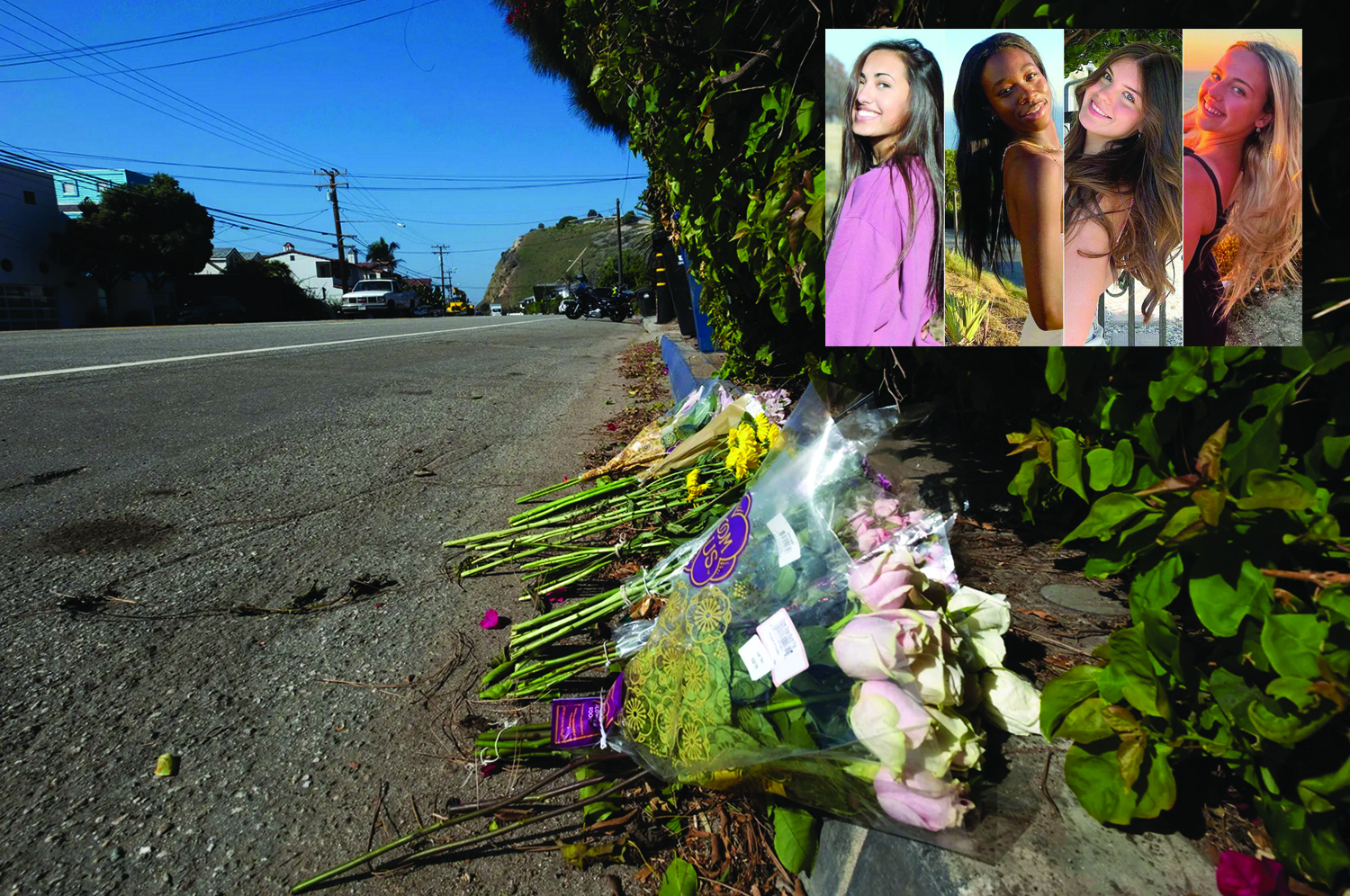By Darlene Donloe
Contributing Writer
CULVER CITY — The news reports were disturbing to Michelle Weiner.
First it was Trayvon Martin, a 17-year-old Florida teen. Then it was Michael Brown, 18, of Ferguson, Missouri. Then it was Tamir Rice, a 12-year-old boy from Cleveland.
Martin was killed by a vigilante security guard. Brown and Rice were killed by police officers. The shooters were white. The victims were Black.
The tragedies surrounding Black people dying at the hands of the police kept mounting until Weiner, a 70-year-old white woman in Culver City, knew she could no longer stay silent. She had to let her feelings be known.
“People were dying for no good reason,” she said.
Weiner decided to pick a side and became one of the first white Culver City residents to display a Black Lives Matter sign in her front yard, where it has stayed since 2015.
Although she was one of the first in her neighborhood to take a stand, Weiner doesn’t consider what she did particularly brave. She admits she did consider the possibility of retaliation from those in her neighborhood who didn’t share her views, but she decided it was important to press on.
“It wasn’t gutsy,” she said. “Not really. Did I have some trepidation? I did, but I don’t think of it as gutsy. It was necessary. I did it because I was responding to the murder of Trayvon Martin, Michael Brown and Tamir Rice.
“For me, those three murders were just — as a white person, a Jewish person — too much. I’m walking around with white privilege. I had the privilege to not see what was happening around me. I was awakened to what African Americans were experiencing. My awareness changed.”
Weiner said it was the “sheer innocence of Trayvon and his Skittles,” that moved her.
“When I think about a vigilante type feeling entitled to go after Trayvon, and that Tamir was playing with a toy gun, it’s too much,” Weiner said. “For Trayvon, it was such an awful idea that that man could run after and terrorize this kid. I understand terror has been the name of the game for centuries. I just got the memo. It was terrible.”
Weiner was equally appalled at the George Floyd murder last year.
“George Floyd’s horrendous torture and murder, I think it’s a milestone that [the police officer] was charged and sent to jail,” Weiner said. “I don’t think it’s a bad apple situation. There is a systemic change that has to happen.”
Weiner, a married mother of two sons in their 30s, considers herself a “child of the 60s.”
“I’ve had an awareness of social change movements,” she said. “I consider myself kind of a middle-class Jewish person. I have engaged in protests.”
Weiner has participated in several marches and protests against the killing of unarmed Black people.
She displayed the Black Lives Matter poster on her lawn because “way too many people were getting killed.”
“All of this is just a senseless loss of life,” Weiner said. “Something had and has to be done.”
Weiner said after the Black Lives Matter sign went up on her lawn, someone came by and pasted the words “All Lives” over the words, “Black Lives.”
“I took it off,” she said. “I want to apologize for not doing more. I work hard to try to change things. I’m currently trying to change how policing happens in Culver City. In our city, there is way too much policing. “Some of the things they do can be done much better by other people — and it would be much safer. That’s what I’m working on.”
Weiner has only positive things to say about Black Lives Matter.
“That organization is working hard to change the justice system in general, and to make it safer for people of color,” she said. “It’s such important work. Something radical has to happen. We can’t wait 20 years to see something slow occur.”
Asked if she considers America to be racist, Weiner didn’t hesitate with her answer.
“Yes,” she said. “Yes, it is.”
In an effort to increase her awareness, Weiner began attending a race dialogue project called Race Relay, a multi-media production about race relations. It’s a theatrical production using drama, music and video to discuss the state of race relations.
It uses actors, recollections of actual personal incidents, and projected images from various media. It integrates entertainment, reality, humor and frankness and is designed to invite members of the audience to examine their feelings and attitudes about race in a non-threatening way.
“They have a preamble,” she said. “We meet once a month. In it they say, our country was founded in white supremacy, that’s the ground we come from and I believe that. I don’t know why our history isn’t taught that way. There is a lot of strife and anxiety in America right now.”
With all that she’s seen and done, Weiner is still weighing whether or not she’s hopeful for America. It’s still up in the air.
“It’s a difficult question,” she said. “I’m a pretty positive person. I have natural joy in my life. But there is a part of me that’s frightened. I’m happy with the leadership we have now.
“I’m happy people are getting help and support. I’m happy about immigration. I’m frightened because four years go by so quickly. It’s underneath all of the happiness and excitement about Biden winning, parents getting support, others getting support. I would love to be joyful and celebrate and underneath there is a low hum about what could happen.”
To Weiner, Jews and Blacks have an “unspoken partnership.”
“Jews have been oppressed people,” she said. “We get it. It’s part of our story. We got a pass somehow or another at some point. We tell our story every year.”
Weiner’s story includes receiving a B.A. from Cal State Northridge and studying psychology. She then received a master’s in education with educational therapy, and also attended UCLA for a teaching credential. She taught at Play Mountain Place, an alternative school, considered one of the oldest humanistic education programs in the country where students practice conflict resolution and how to get along with themselves and other people.
Weiner was the campaign manager for Yasmin Imani McMorrin, the first African-American woman on the Culver City City Council. Councilman Daniel Lee, who is also vice mayor, was the first Black on the five-member council.
McMorrin is an attorney and education equity advocate serving as the interim dean of students and director of diversity, equity and inclusion at USC Gould School of Law.
McMorrin’s campaign was active during the time of George Floyd’s murder. Weiner said part of the campaign’s focus included defunding the police by 50%.
“This is a first for our city,” said Weiner, a self-described environmentalist who does her errands and trips by bike. “This is the first time in the city’s history that we’ve had two African Americans on the City Council. We’re working hard behind the scenes.”
Weiner loves where she lives, but believes there is still a lot of work to do.
“There is an organization called Culver City for More Homes — to counteract what redlining and the covenants brought,” Weiner said.
She said Culver City was once a sundown town, a term for a city with laws that said no colored people were allowed after the sun went down.
“We are trying to change that so you can build more, and so more people can live here,” she said. “I’m reading a lot to try to understand the situation we’re in and why white people can’t ignore it. We have to be agents of change.
“I’m done with white people not moving the needle.”
Darlene Donloe is a freelance reporter for Wave Newspapers who covers South Los Angeles. She can be reached at ddonloe@gmail.com.













